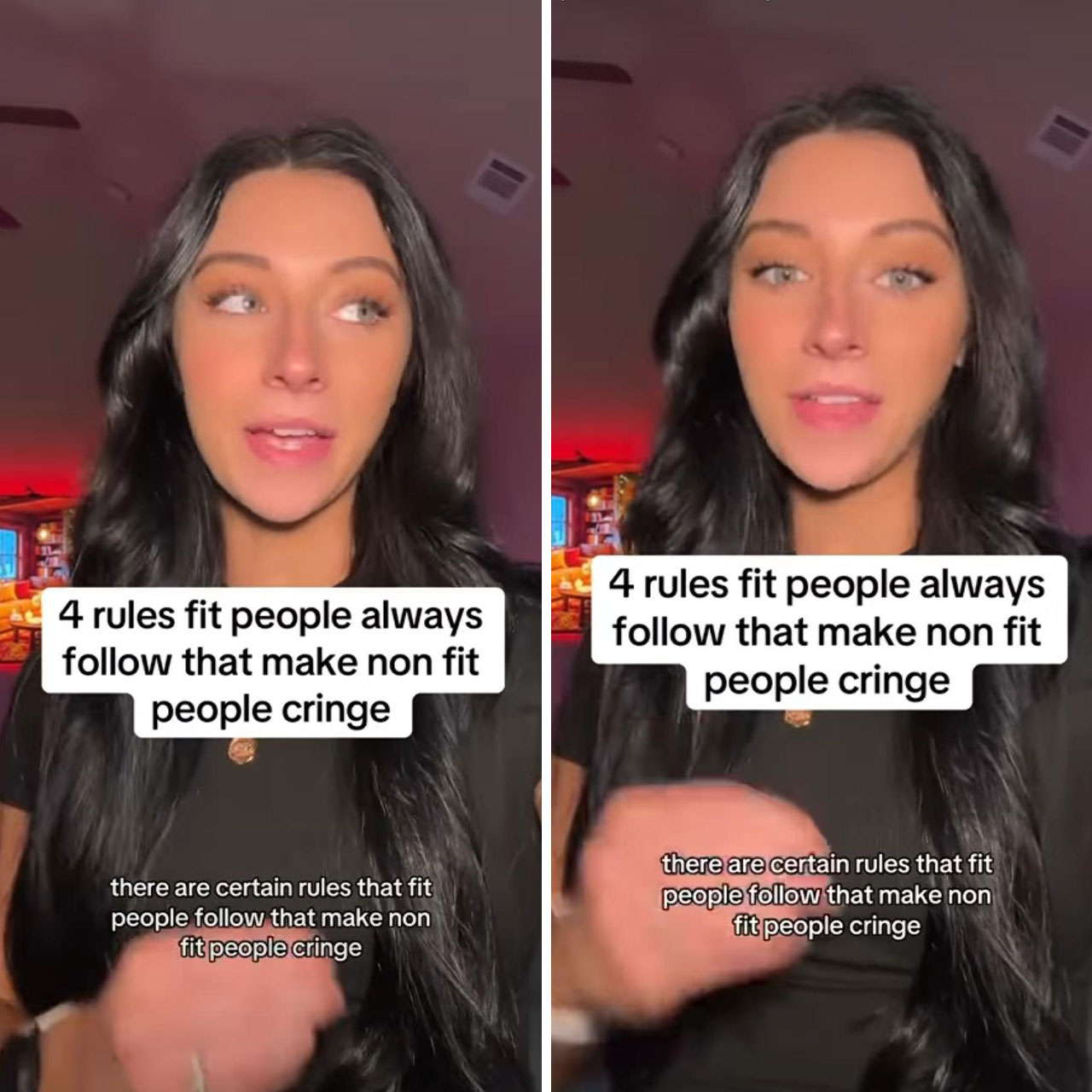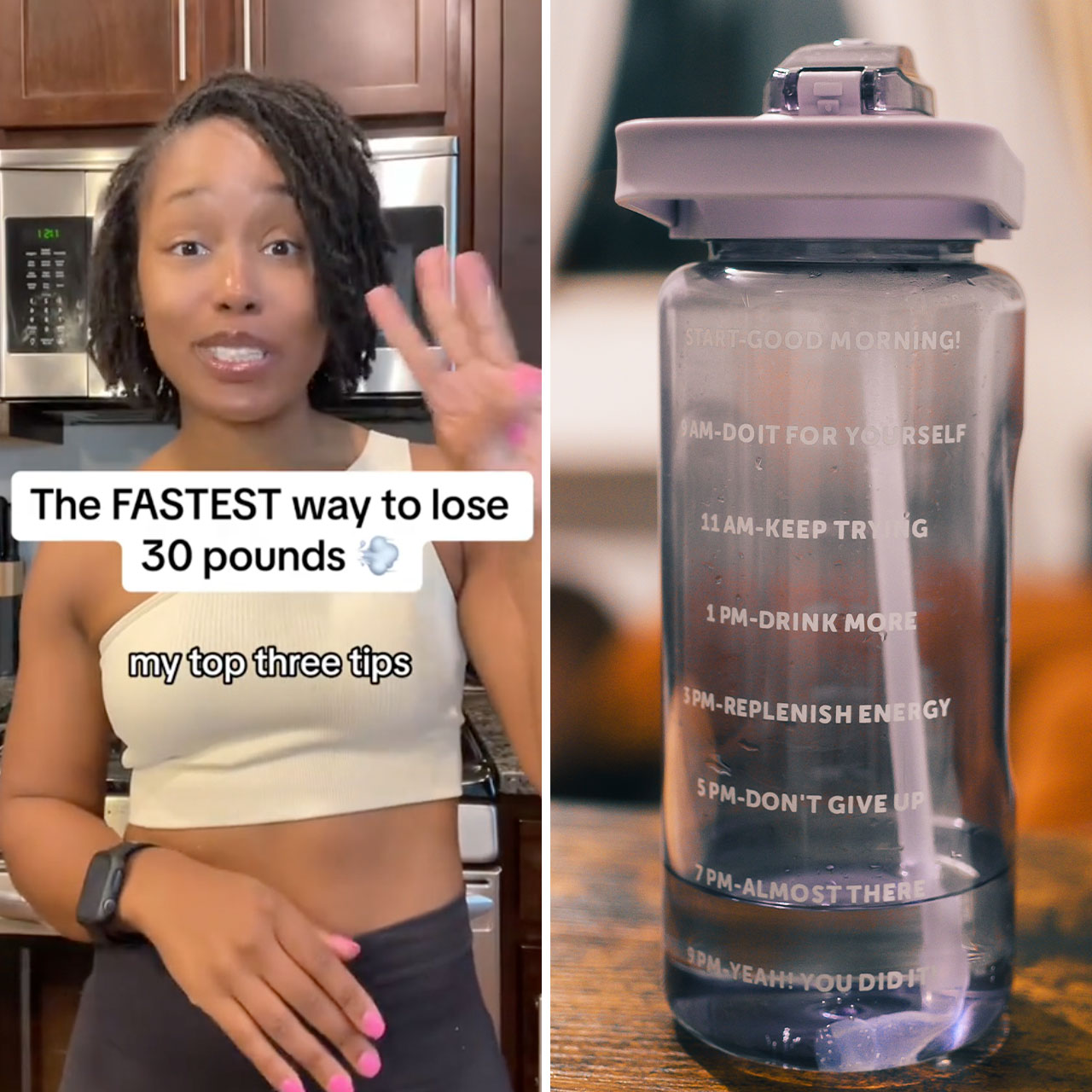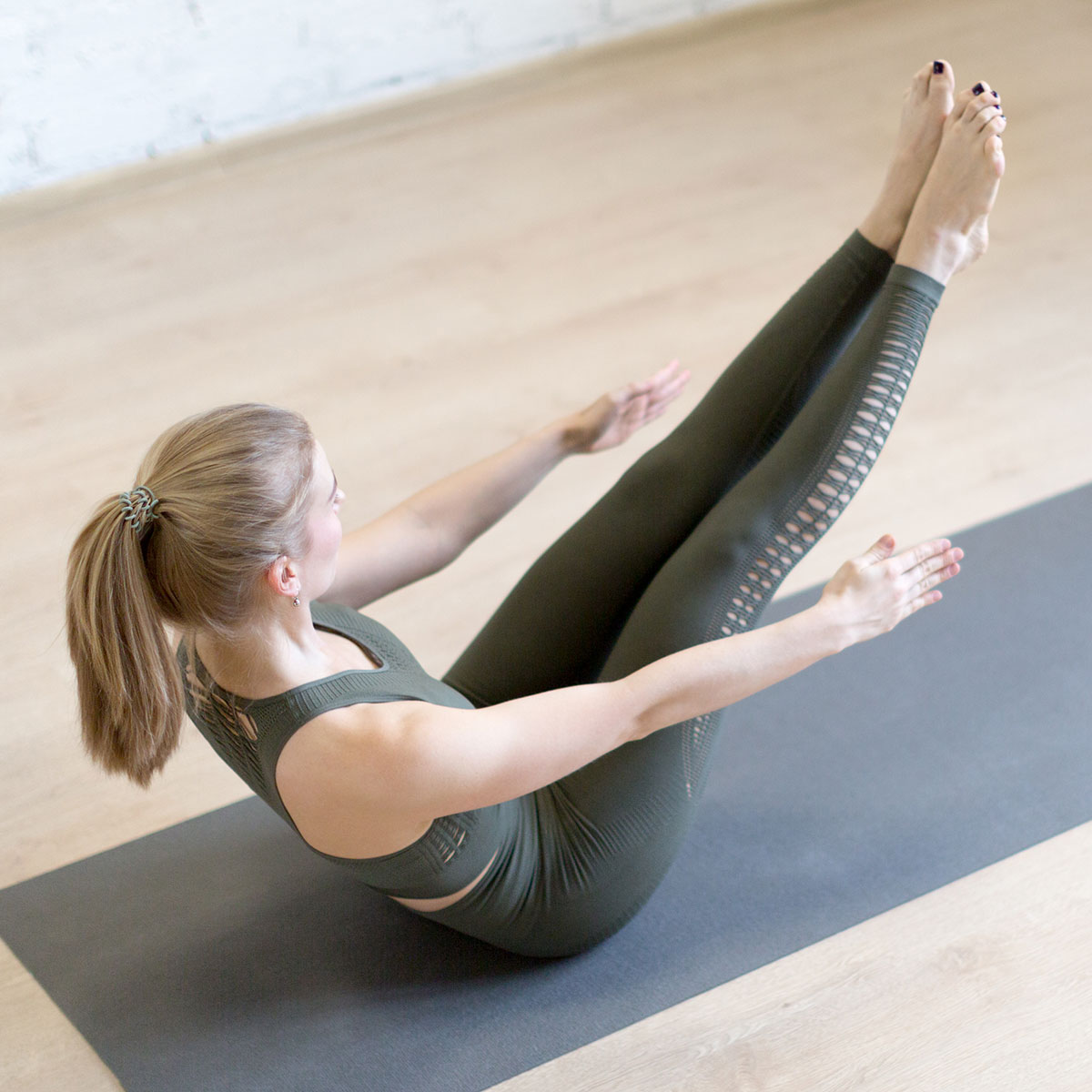This is an archived article and the information in the story may be outdated. Please check the time stamp on the story to see when it was updated last.
In achieving weight loss, dietary changes are often more effective than exercise. Though both are important factors in establishing a healthy lifestyle, diet plays a larger role in losing weight. With that in mind, thinking of sustainable diet changes that you feel capable of implementing (and sticking to) is a good first step.
Keep reading for more details.


Myth of "spot reduction"
It's common for people to want to change one part of their body, wishing they could just shed some pounds around their stomach or back. Certain ab and core exercises might claim even to do the trick. However, the truth is that there is little scientific evidence to support the idea that this kind of fat loss is even possible.
"Most scientific evidence shows that spot reduction is not effective and that fat loss tends to be generalized to the entire body, not the body part being exercised," Healthline explains.
With that in mind, the only way to lose stomach and back fat is to lose weight overall.

Start with diet
This does not mean you should start overloading on cardio and HIIT workouts. Exercise plays a role, but it's a comparatively small one. Diana Thomas, a Montclair State University obesity researcher, explains to Vox, "Pretend you didn't exercise at all. You will most likely compensate anyway, so think of exercising just for health improvement but not for weight loss."
Instead, your first step for weight loss should be taking a closer look at the foods you eat and your portion size.

Calorie deficit
Most weight loss experts agree that a calorie deficit is needed for weight loss. In a calorie deficit, your body is using more calories than it is taking in. However, that does not mean you should be cutting out full meals or becoming super restrictive with your food choices.
Amy Goodson, M.S., R.D., explains to Shape, "Just because a little calorie deficit is good for weight loss does not mean that eating as little as possible to lose weight is a good idea."

Exercise can still help
Joan Salge Blake, Ed.D., R.D.N., nutrition professor at Boston University and host of the nutrition and wellness podcast Spot On!, tells the outlet that the best way to lose weight is to combine both diet and exercise.
Being more active (which helps burn calories) while also eating fewer calories on a daily basis will likely yield the most successful results.


























